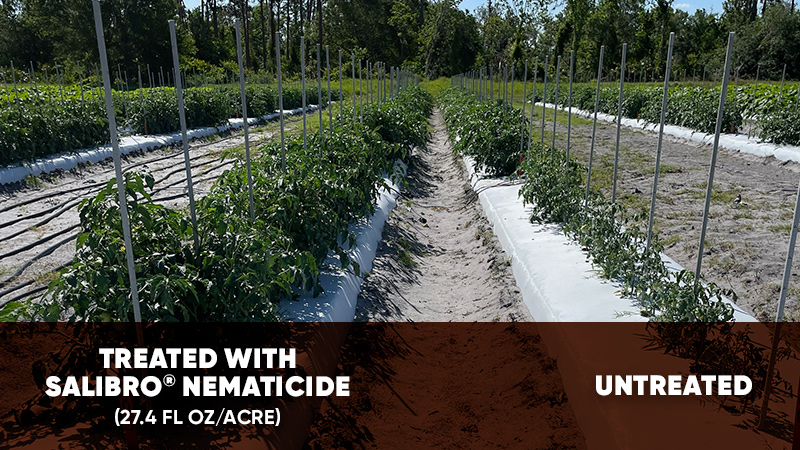What’s Being Done To Improve Resilience in Carrot Crops
Carrot growers face a variety of both climate and biological threats, including water access and diseases such as Alternaria leaf blight (Alternaria), a disease that can reduce yield by 40% to 60%. Some cultivated carrots are partially resistant to Alternaria but still require frequent fungicide applications to fully protect crops from this disease. To meet these challenges, the Foundation for Food & Agriculture Research (FFAR) is providing a $500,000 grant to the University of California, Davis (UC Davis) to tap into the genetic diversity of wild carrots to breed into cultivated carrots Alternaria resistance and the ability to grow in water-deficient conditions. FFAR’s Crops of the Future Collaborative partners Bayer, Bejo Seeds, Enza Zaden, Rijk Zwaan, Takii Seed, and Vilmorin Mikado are providing matching funds for a total investment of $1,000,000.
“Carrots provide a great source of essential nutrients like beta carotene, yet growers face significant challenges in protecting their crops,” says Dr. Kathy Munkvold, FFAR Scientific Program Director. “Wild varieties of cultivated crops, like carrots, have rich genetic resources to overcome harsh conditions and diseases, and this research seeks to harness these resources to ensure the stable supply of this important crop.”
RELATED CONTENT: New Carrots and Onions You Should Know [VIDEOS]
After determining which types succeed in these conditions, they will breed them with cultivated carrots to develop these traits in commercial carrot varieties. The investigators are also studying the genetic basis of tolerance to help strengthen these traits in future generations of carrots.
Researchers will provide major seed companies and crop breeders with breeding germplasm derived from wild carrots determined to have the best potential to pass on desired traits, as well as breeding methods and tools.
For more details, continue reading at caes.ucdavis.edu.









